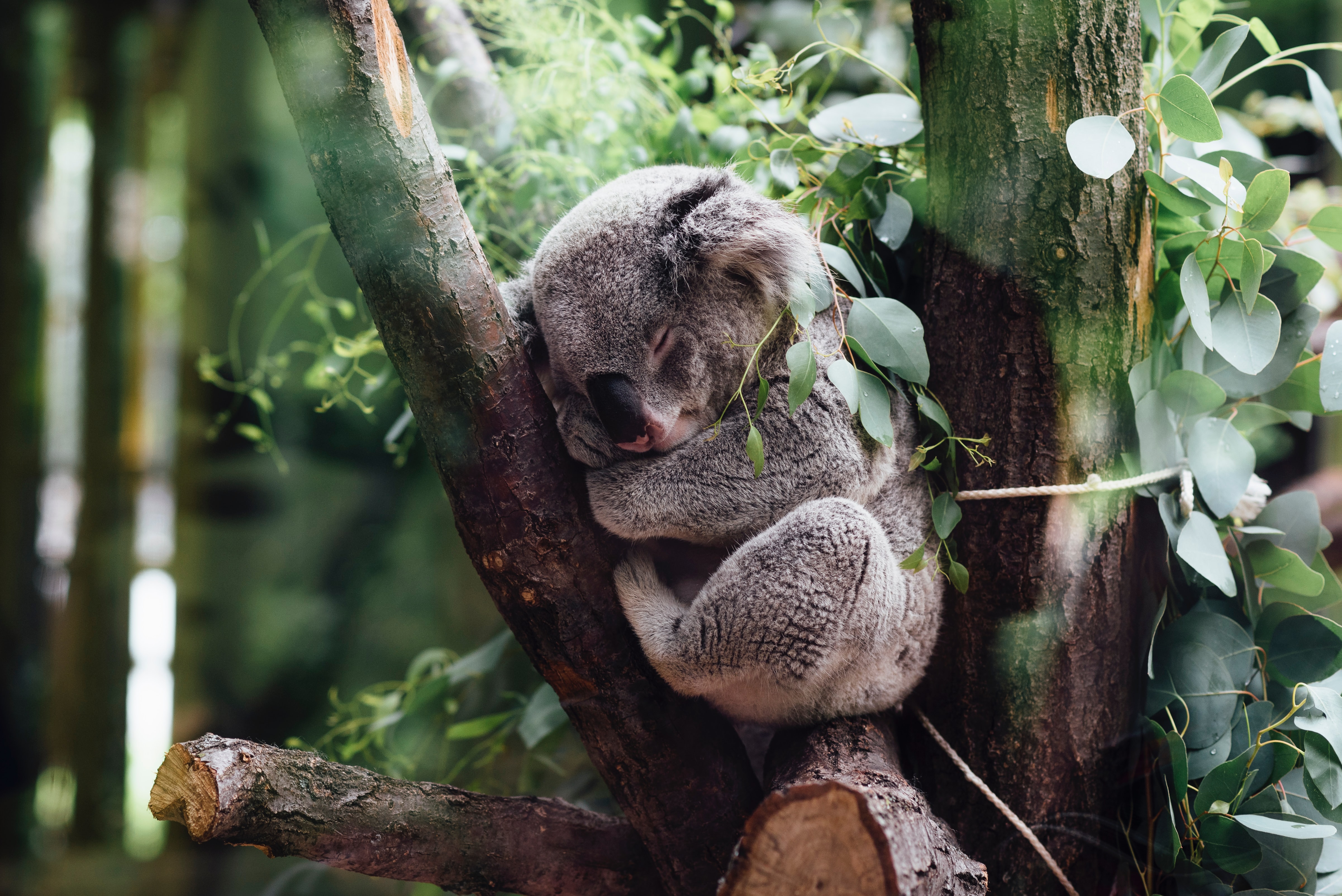News release
From:
Attachments
Note: Not all attachments are visible to the general public. Research URLs will go live after the embargo ends.

Journal/
conference: PLOS One
conference: PLOS One
Research:Paper
Organisation/s:
The University of Sydney, The Westmead Institute for Medical Research, University of Technology Sydney (UTS)
Funder:
This work was supported by an ARC Discovery Grant to K.B (DP14013260) and the Marie Bashir Institute for Infectious Diseases and Biosecurity seed funding. E.P was supported by an Australian Postgraduate Award. T.C.S is a Sydney Medical Foundation Fellow whose work is supported by the NHMRC. M.K hosted E.P at the Zoetis Veterinary Medicine Research and Development facility, Kalamazoo MI USA to complete membrane permeability and serum/blood antibacterial assays.



 Australia; NSW
Australia; NSW


